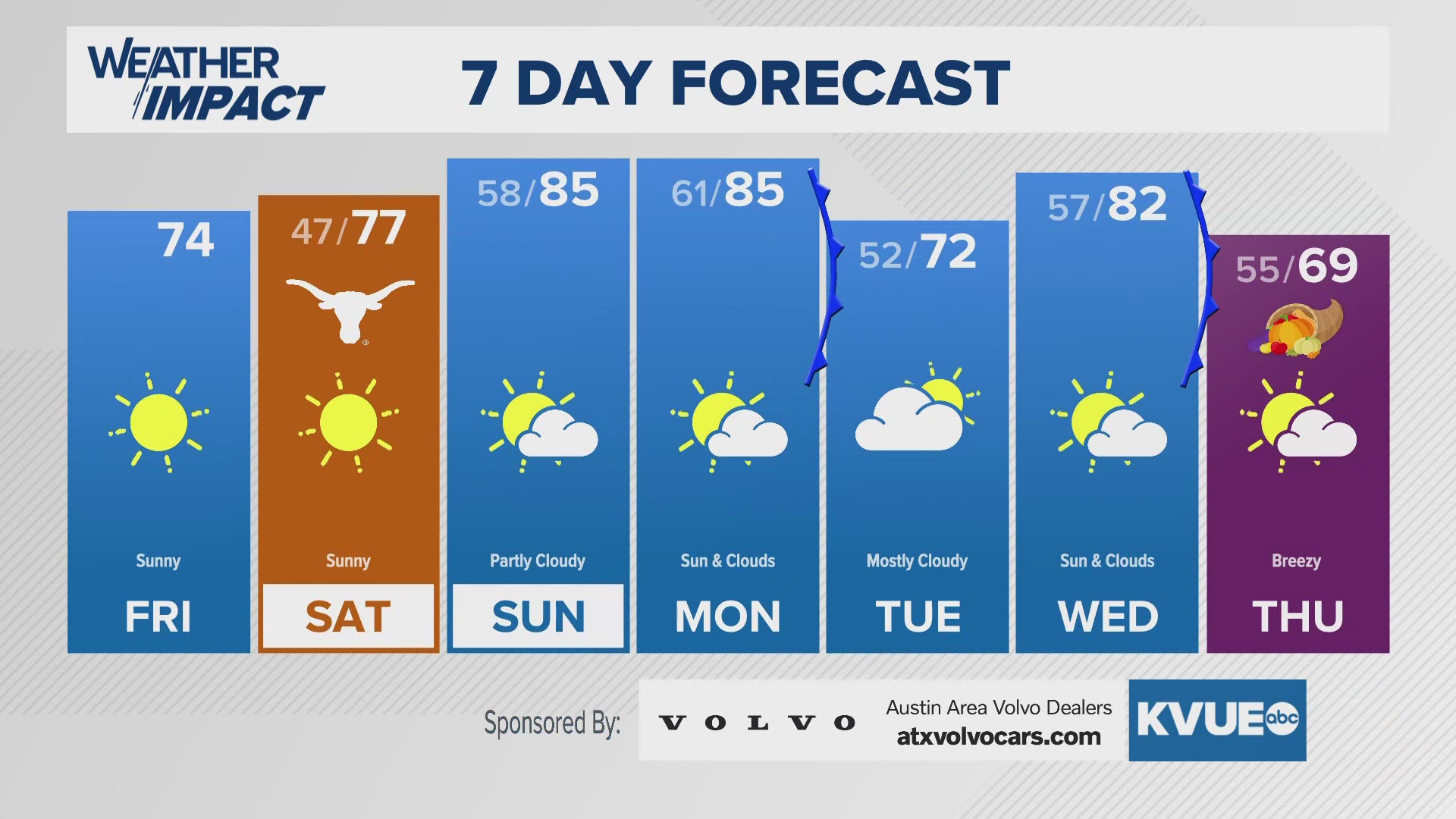AUSTIN -- They call themselves the media generation.
"I am on the computer a lot. Like a lot, a lot," said Leander High School senior Chloe Berlinger.
With phones and computers, digital access is at our fingertips.
"I grew up with knowing all these different things," explained McNeil High School junior Keith Gruber.
When they wake up, before they go to bed, even during commercial breaks while they're watching TV, teens are tuned in to what's happening online.
"I check my phone," admitted St. Stephen's Episcopal School junior Hank Goodman.
Goodman and other teens say they're logging on to sift through social media sites such as SnapChat, Tumblr, Twitter and Instagram. They also turn to online boutiques.
"I have a problem with shopping online too much," said Goodman's sister and St. Stephen's seventh grader Kate Goodman.
Sometimes, they admit, they run into trouble.
"Once I was hacked on Instagram. I don't even know how that happened," said Berlinger.
Many parents are just as confused.
"It's very easy to get overwhelmed and just dismiss it and ignore it and try to hope that it will go away," said Clay Nichols, co-founder of the website dadlabs.com.
Nichols launched dadlabs to offer help and advice for fellow parents. He knows when it comes to all those social media sites, kids may have an upper hand.
"Kids are much more internet savvy than we give them credit for. The problem is they're trying to keep things private from their parents, and they don't make the best judgment sometimes about what they're sharing with their peers," said Nichols.
He suggests sitting down and talking with your children to find out what they're doing when they're on their phone or in front of the computer.
"Play dumb. It's one of the best ways to get information from teenagers. It's just play dumb. They think you're dumb. Just go ahead and play into that stereotype. Go ahead and be the dumb one, and they'll start talking to you about what's going on online," said Nichols.
Sometimes Nichols says it only takes a simple conversation to find out and then let your kids know what information is safe to share and what to avoid posting online. Despite privacy settings, what goes online can find its way out of someone's personal account.
"Some of my friends, they've had pictures that they've posted on like Twitter and they've looked themselves up on the internet and there are the pictures of them that they posted on like Instagram," said Kate Goodman.
Even when posts are deleted, it doesn't always disappear. Nichols says parents usually reach out to him wanting advice on shutting off access, while he encourages an open discussion instead, he does have some tips:
- Use Open DNS. The free cloud-based website allows families to filter internet access in a home.
- Use Apple devices. Apple products he says tend to have parental controls that are easier to manage compared to Android.
- Set limits. Nichols says even if parents don't enforce the limits, studies show kids with limits tend to log on less than their peers without.


